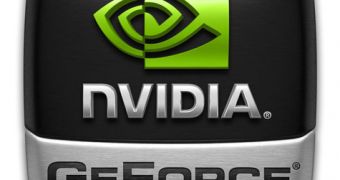It didn't take NVIDIA long to also announce its support for the newly released OpenCL 1.0 specification from Khronos Group, following the statement of earlier today from its competitor in Sunnyvale, California, AMD. The graphics chip maker has just announced its full support for OpenCL 1.0, a new compute API that will allow developers to take advantage of the massive parallel computing power of the GPU. By adding the support for OpenCL 1.0, NVIDIA is expanding its efforts of providing developers with support to make the most of the GPU parallel computing capabilities.
“The arrival of OpenCL is fabulous news for the computing industry and NVIDIA is delighted to be playing a highly active role in the establishment of a new standard that promotes computing on the GPU,” said Manju Hegde, general manager of CUDA at NVIDIA. “We are delighted that Apple has helped spearhead OpenCL. Their recognition that the GPU will now play an essential role in consumer applications is a significant milestone in the history of computing.”
The Santa Clara, California-based graphics chip maker is no stranger to the concept of GPU general computing, as the company's CUDA product has been, for sometime now, available for its GeForce graphics cards. Since its introduction, which coincided with the release of the GeForce 8800 GPU, CUDA has been available for the world's research community. Thanks to CUDA's architecture, the general computing solution is expected to seamlessly work with the new OpenCL API, as it does with other industry standard languages, such as C, Java, Fortran and Python.
“The OpenCL specification is a result of a clearly recognized opportunity from leaders like NVIDIA to grow the total market for heterogeneous parallel computing through an open, cross-platform standard,” said Neil Trevett, vice president of embedded content at NVIDIA. “NVIDIA will continue to be very active in the OpenCL working group to drive the evolution of the specification and will support OpenCL on all its platforms, providing developers an additional way to tap into the awesome computational power of our GPUs.”

 14 DAY TRIAL //
14 DAY TRIAL //